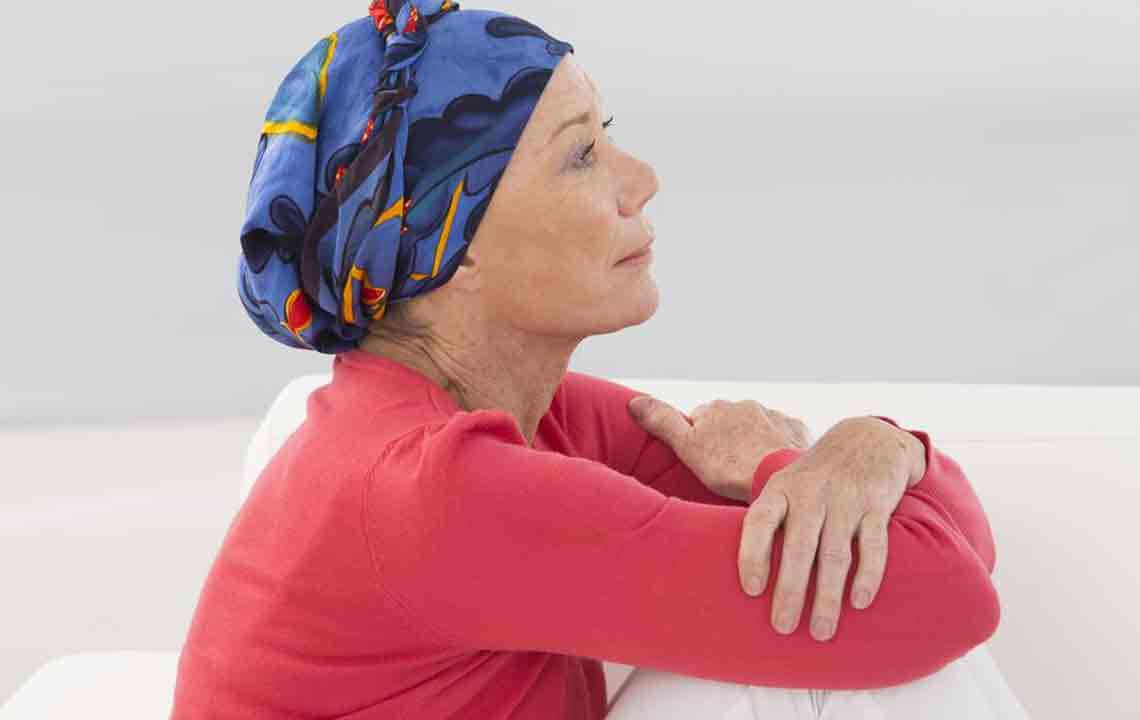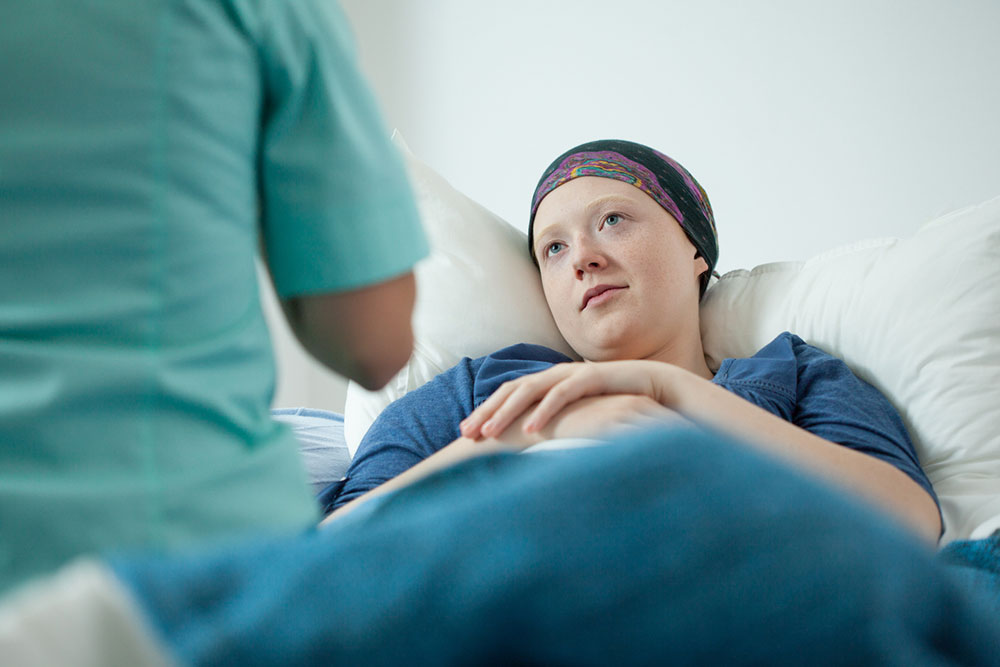Understanding Metastatic Breast Cancer And The Available Treatments
Metastatic breast cancer is the fourth and most advanced stage of breast cancer that is not limited to the breast and has spread to other organs of the body as well, including lungs, liver or even brain. Irrespective of how good the treatment is, cancer can make a return in the patient’s body. This is because a few cancer cells may remain in the body after the initial treatment. Over time, these cells grow and spread through blood.

Signs and symptoms
There are no visible indications of breast cancer at the early stage. However, a lump can be felt in the breast or the neighboring areas. Apart from the lump, other common symptoms of early-stage breast cancer include –
• Change in skin texture: The skin texture of the breast may change. For example, puckering or dimpling are the common signs that are associated with breast cancer. Patients may notice a change in the size of the breasts. For instance, one breast may become larger or smaller than the other.
• Nipple discharge and rash: Patients suffering from this condition may see a sudden discharge from the nipples. This can be accompanied by rash or crusting in the surrounding areas of the nipple. It may be the case with one or both the nipples.
• Change in appearance of the breast: Patients may notice a change in direction or appearance of the nipples.
The metastatic breast cancer signs depend upon the part of the body where the cancer has spread. It is possible that individuals with stage four cancer may not have any of these changes. Sometimes the cause of a symptom may be due to any other diseases, which are not cancer. Whatever may be the case, you must abide by the advice of your physician.
Some of the metastatic breast cancer signs that may appear in case the brain is affected are –
• Headaches
• Seizures
• Changes in behavior
• Disturbed vision
• Vomiting
• Nausea
In case cancer spreads to the lungs, the common symptoms are –
• Shortness of breath or difficulty in breathing
• Coughing up blood
• Chest pain
• Extreme fatigue
If cancer spreads to the liver, the patient may feel –
• Pain
• Bleeding
• Itchy skin or rash
• Vomiting and nausea
• Loss of appetite
• Yellowing of the skin
Treatments –
Early stage breast cancer is treatable, and the treatment focuses on a cure in the short term. However, metastatic breast cancer is hard to cure, and the treatment becomes a part of life for the patient. This stage four treatment focuses on slowing down the growth of the cancer cells for as long as possible. With the advancement of medical science, experts are hopeful that this form of cancer will be treated someday just like how other diseases like diabetes are treated.
In case you notice any metastatic breast cancer signs, contact your physician immediately. In any case, if the cancer returns, then it can happen anytime between months to years. Based on your symptoms, kind of cancer cells you have and your previous treatments, the doctor will recommend you several treatments. They may include one of the following –
• Hormone therapy – Hormone therapy medications can be used if you detect any metastatic breast cancer signs. These drugs are effective in treating cancer fueled by estrogen or progesterone. The disease is dealt with by cutting the supply of estrogen and progesterone, which are essential for cancer cells to grow.
• Anti-HER2 Targeted drug treatment –HER2 is a type of protein that is found in vast quantity in some breast cancer. Drugs that target these proteins are used to slow the growth of the cancer cells. Some medications that are used to target HER2+ breast cancers are:
Trastuzumab
Pertuzumab
Ado-trastuzumab Emtansine
Lapatinib
Everolimus
• Chemotherapy – Chemotherapy involves killing the cancer cells to treat the tumor by using high energy rays. It targets both the cancer cells and the infected ones.
The treatments totally depend on your metastatic breast cancer signs. The doctors would regularly examine the symptoms of the patient through X-rays and other scans. Treatment at this stage is continuous and may have side-effects. The patient may talk to her/his doctor to arrange a break in case of important occasions like a wedding or a birthday. This duration of treatment is a special time, and a break might be the thing that the patient needs to enjoy. Apart from the treatment, maintaining a healthy lifestyle is also important. At times one may feel alone. However, stay positive and surround yourself with your loved ones, family, and friends.




